Monkey Island
After surviving decades of medical testing and civil wars, these chimpanzees were abandoned on their own islands.
The year was 1974 and the original Planet of the Apes movie starring Charlton Heston had just been adapted into a small screen series. Little did anyone know, though, that out in the remote jungles of Liberia, a New York non-profit and idealistic young scientist were setting in motion what 30 years later would become what many now call the “real-life planet of the apes.”
That non-profit was the New York Blood Center, one of the largest blood banks in the United States. In search of a vaccine for a spate of blood-related diseases, NYBC bankrolled Vilab II, a controversial laboratory led by Betsy Brotman that would go on to conduct medical tests on over 100 chimpanzees.
The chimps were injected with various forms of Hepatitis, onchocerciasis (commonly referred to as river blindness), and a host of other maladies. Once they tested positive for one of the diseases, the animals would be transferred to one of six different islands—that, thanks to chimpanzees’ innate physiological inability to swim—were perfect for keeping the infected subjects away from the regular population.
Vilab continued its work as Liberia crumbled into civil war, first in 1989 and again in 1999. Eventually, though, the lab encountered a conflict that it could not overcome: growing resistance to animal testing back in the U.S. Eventually, the anti-testing outcry reached the highest levels of the U.S. federal government and the National Institute of Health instituted a moratorium on breeding research chimps and declared that most chimp testing did more harm than good.
In 2005, Vilab was shut down for good and all the chimps, approximately 60 or so, were transferred to a series of nearby uninhabited mangrove islands, where they now permanently live. For the next 10 years, NYBC continued to care for the chimps, hiring many of the original lab staff to take food and water to the islands every other day.
Then, in March 2015, NYBC suddenly withdrew its financial support, stating they could no longer provide for their former subjects’ well-being. Thankfully, the Humane Society stepped up and decided to assume the responsibility of providing long-term care for the chimps, which costs upwards of $30,000 a month.
While her methods eventually fell out of favor, Betsy Brotman and her team’s research did successfully lead to a vaccine for Hepatitis B and a screening method for Hepatitis C. In a 2014 interview, however, Betsy publicly sided with the animal rights activists that eventually caused her lab to close, stating that she no longer believed chimpanzees should be used in experiments.
Know Before You Go
Do not attempt to visit Monkey Island on your own. The chimps are extremely territorial and are not afraid of making their presence known. If you're intent on visiting, local fishermen can be hired to arrange a boat ride to the island for a negotiated fee.



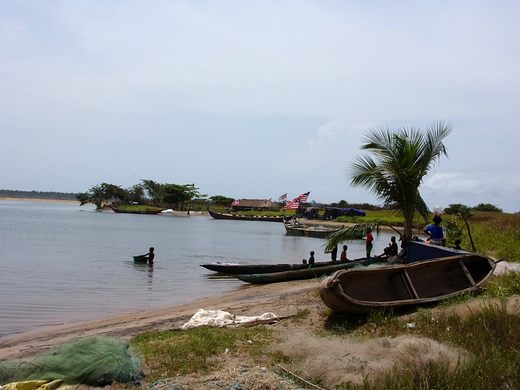
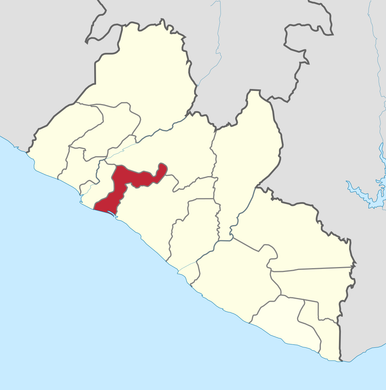




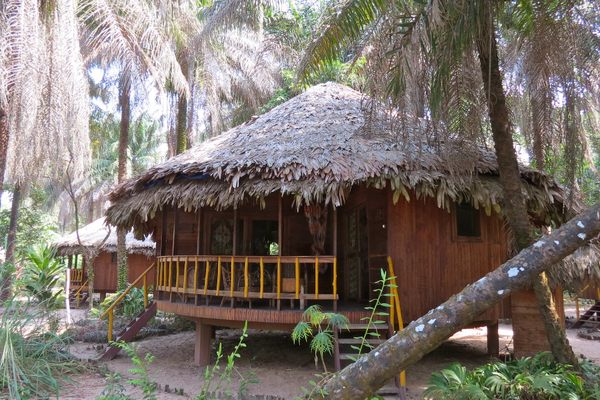



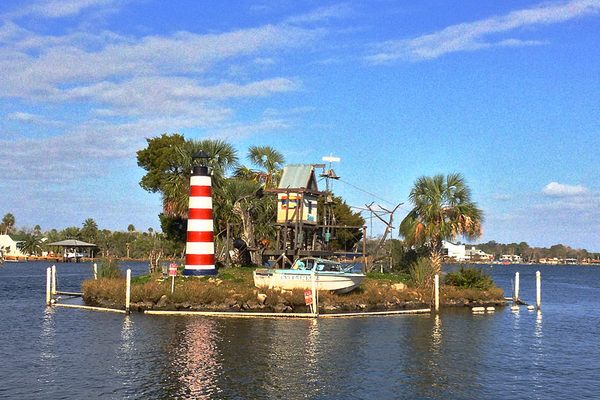

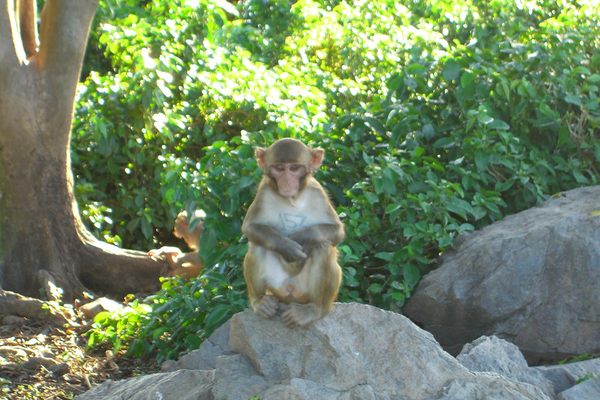
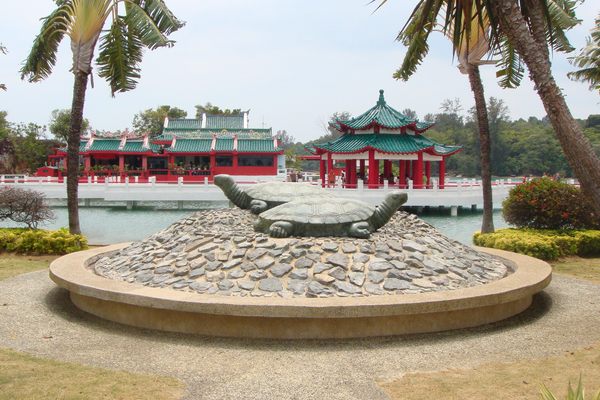

Follow us on Twitter to get the latest on the world's hidden wonders.
Like us on Facebook to get the latest on the world's hidden wonders.
Follow us on Twitter Like us on Facebook